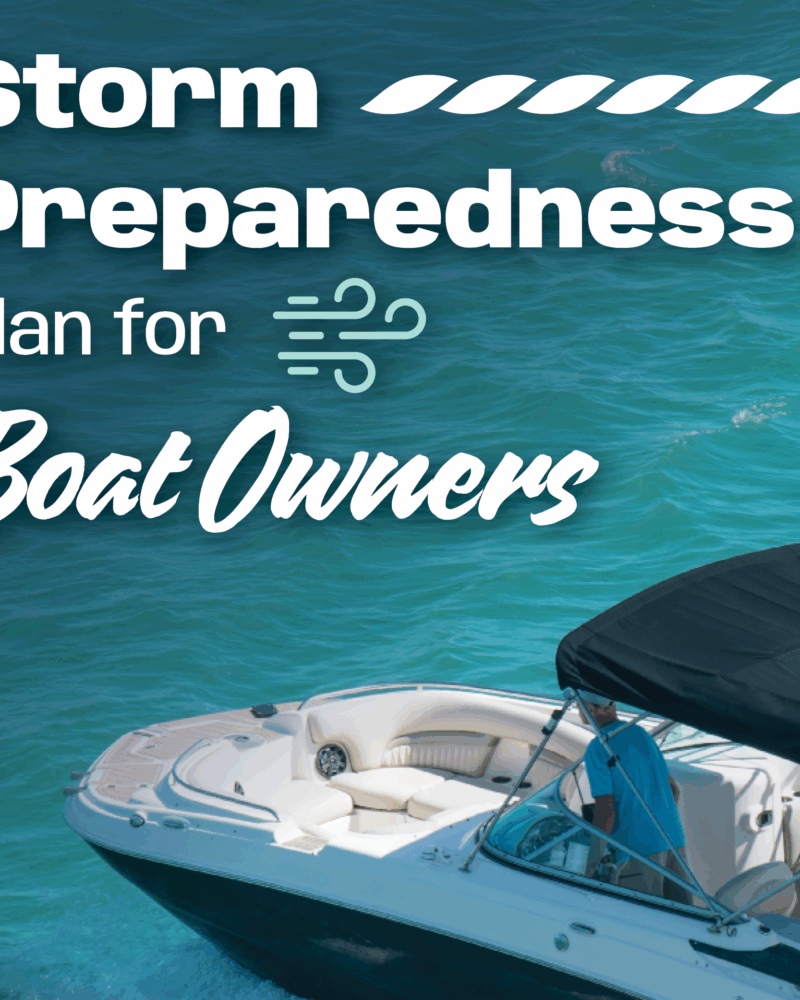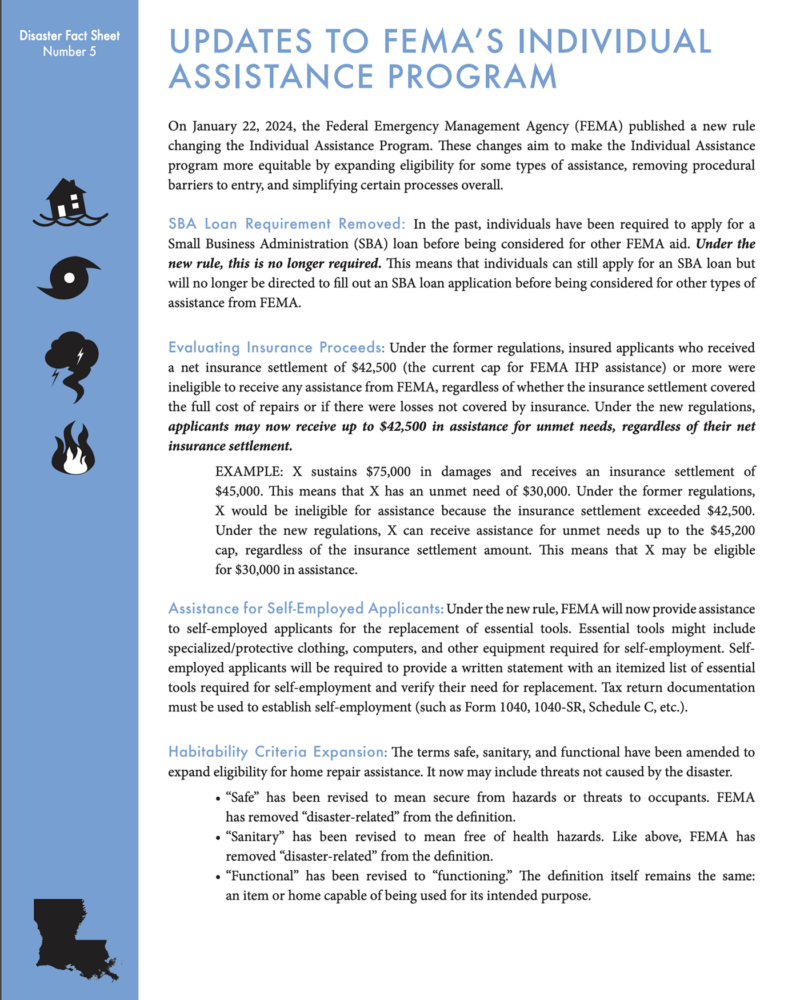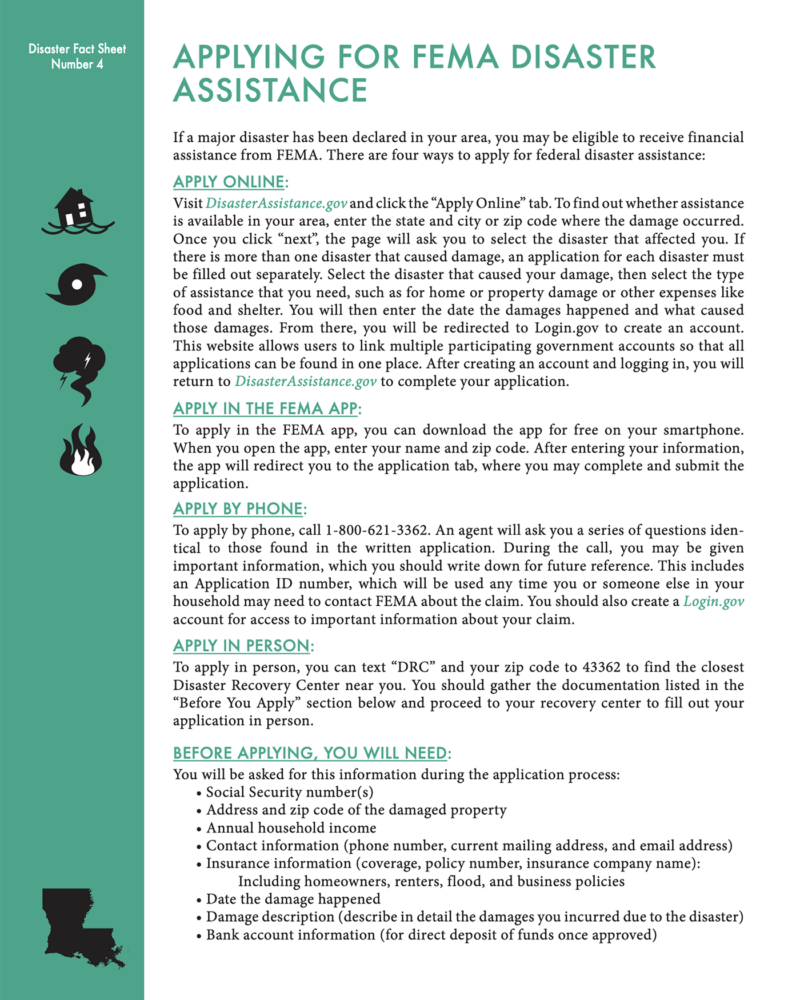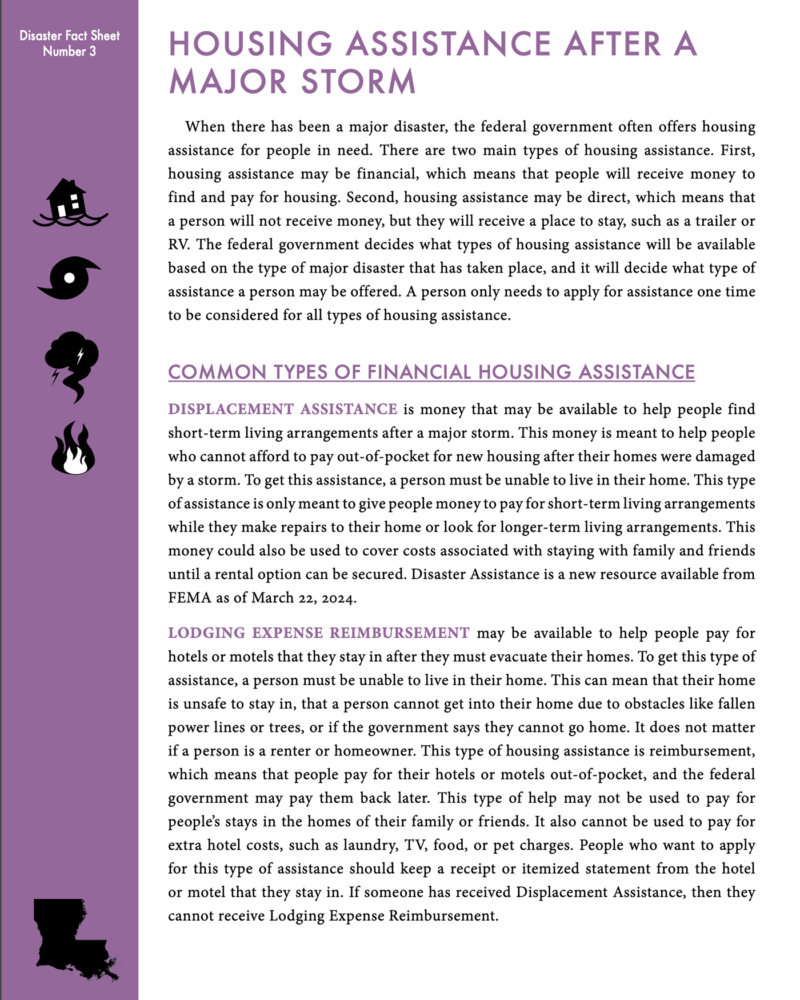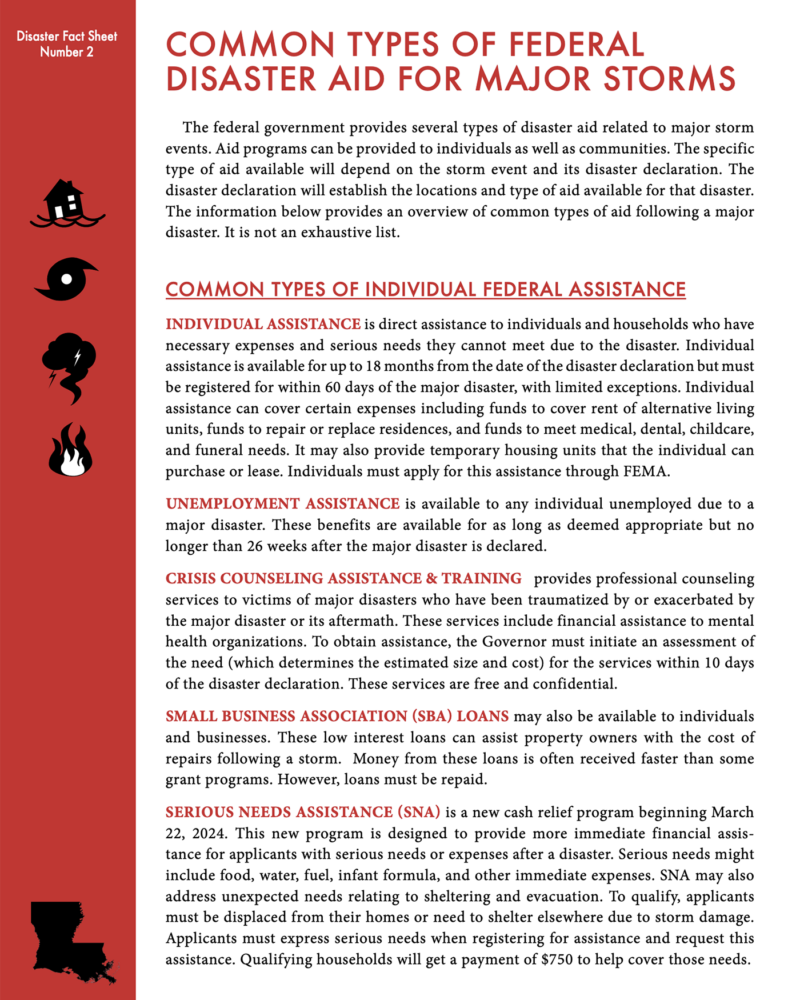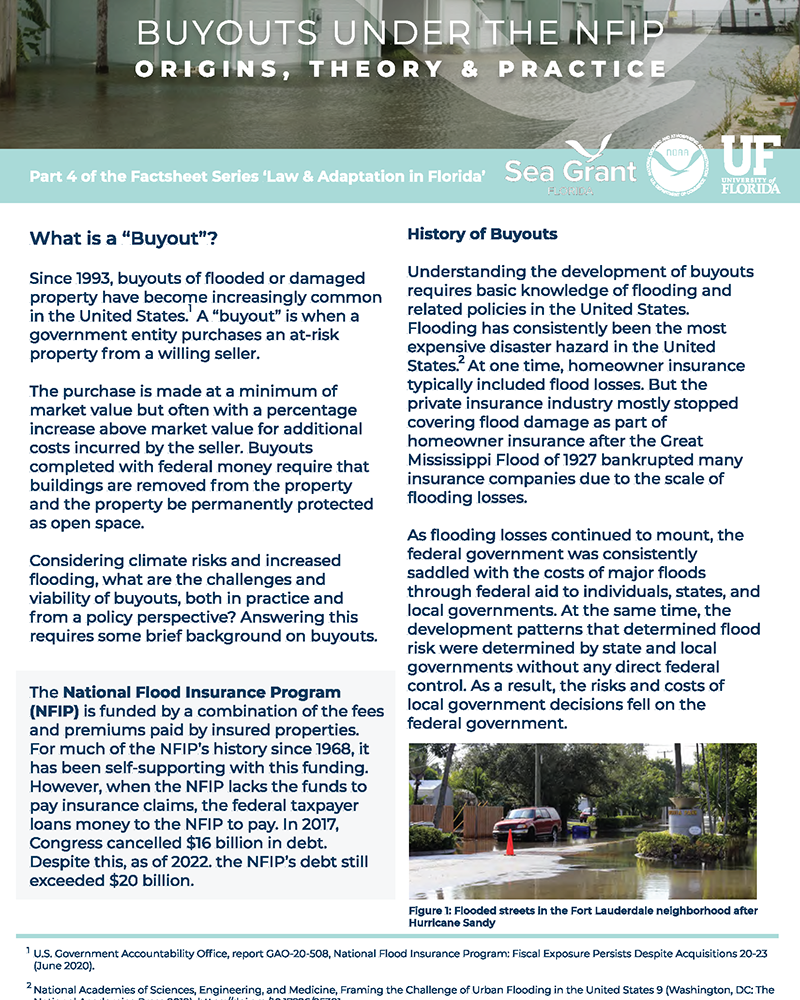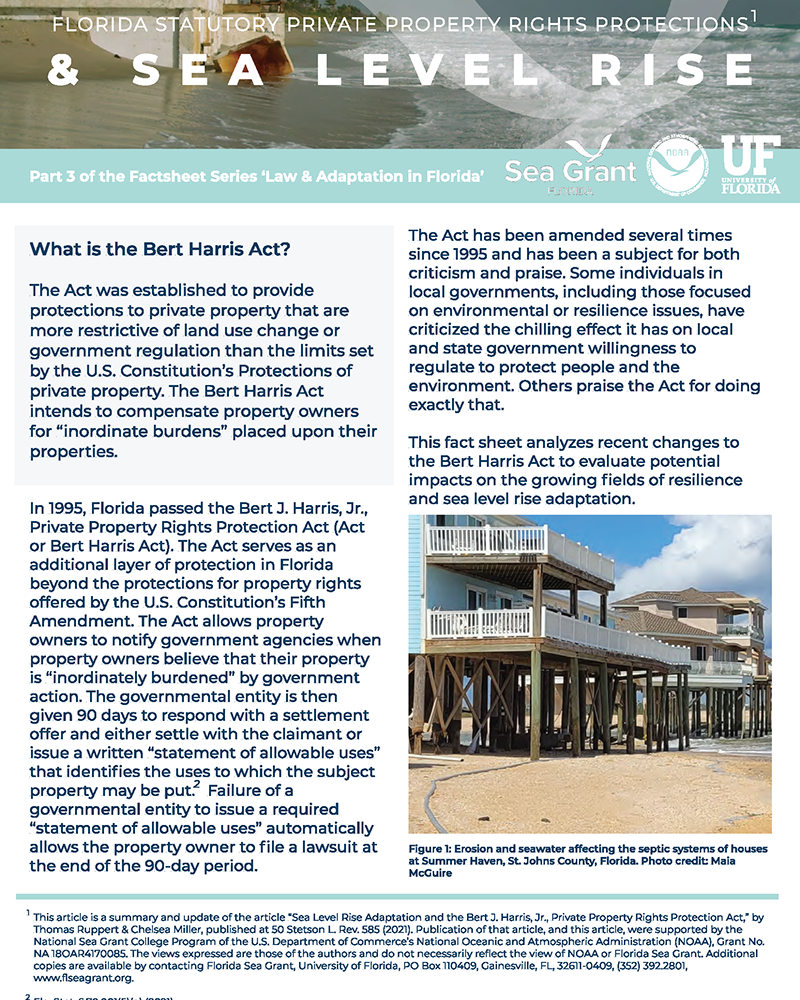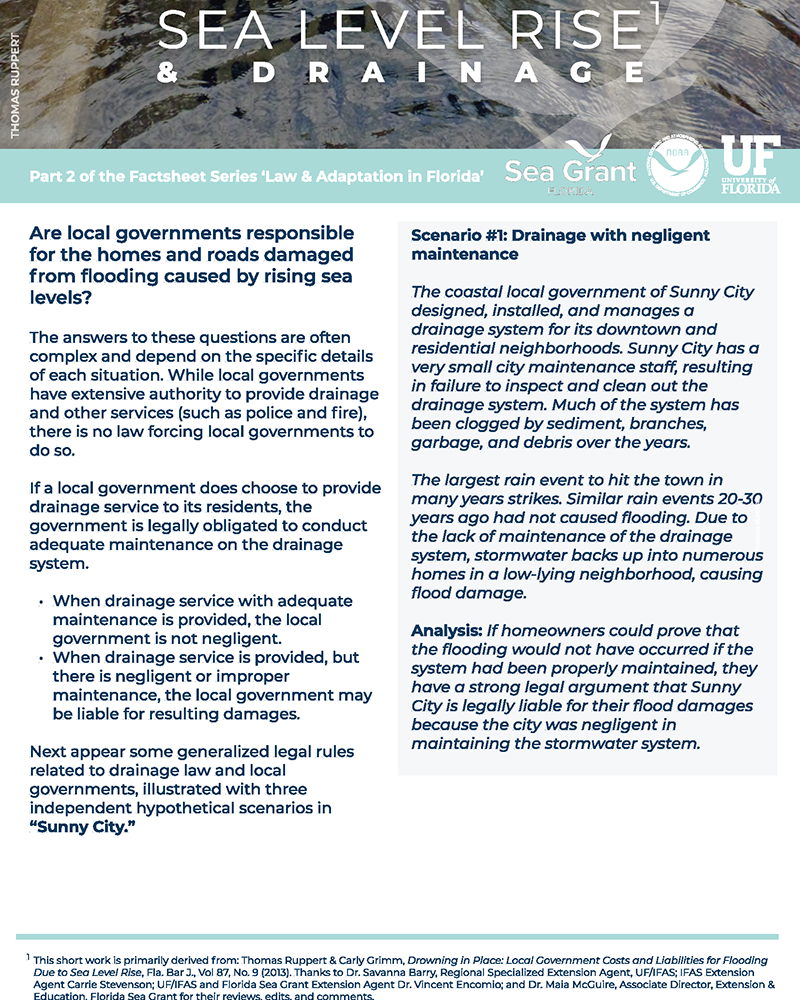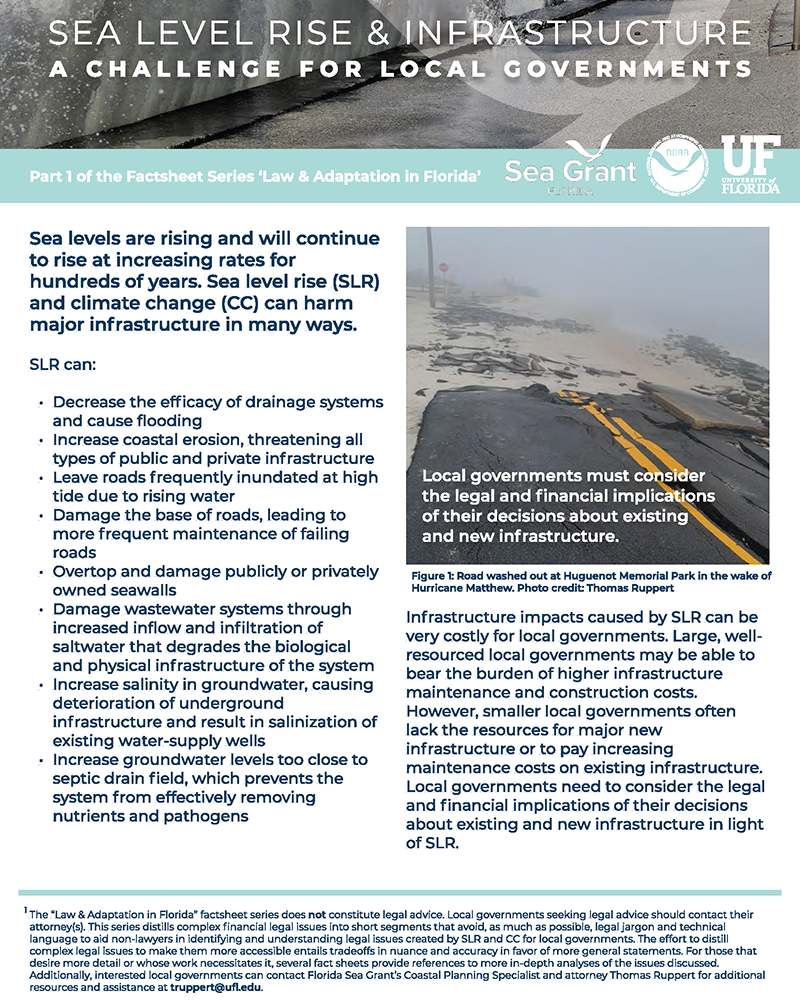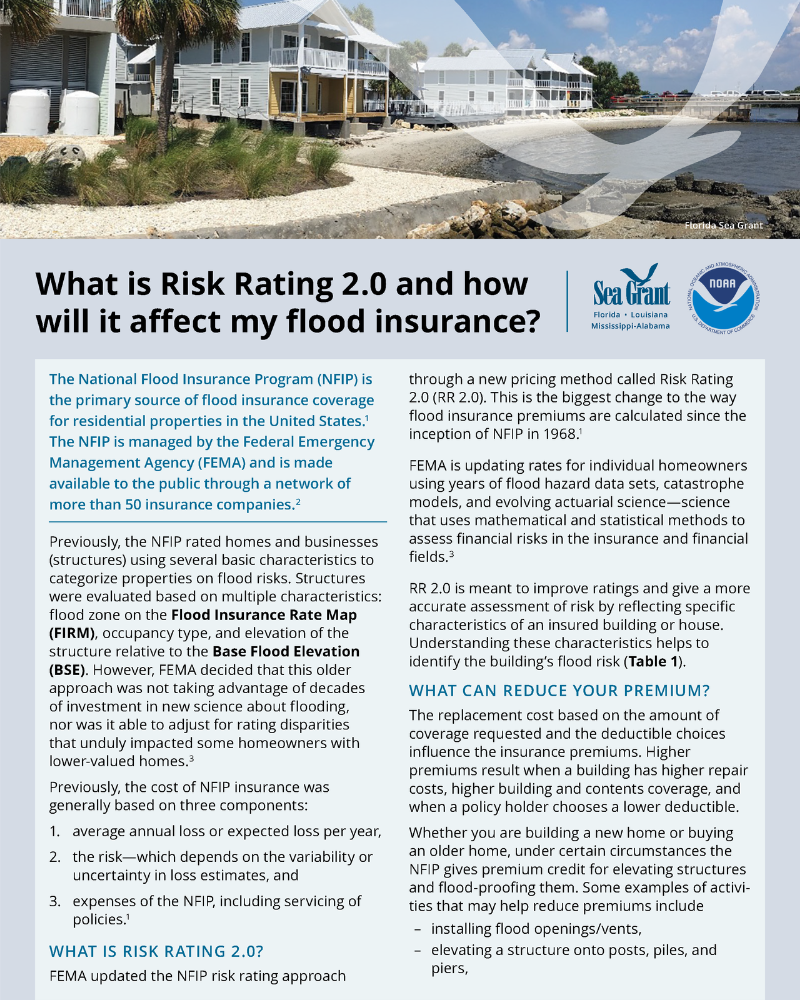Disaster Preparedness & Recovery
Resources for Coastal Communities Impacted By Natural Disasters
Natural disasters, like hurricanes, floods, tornadoes and thunderstorms, can cause significant damage to Florida’s coastal communities and fisheries, aquaculture, and boating industries.
Several resources are available for coastal community members seeking guidance or assistance.
Recent Bulletins
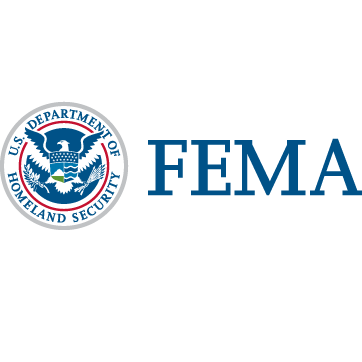
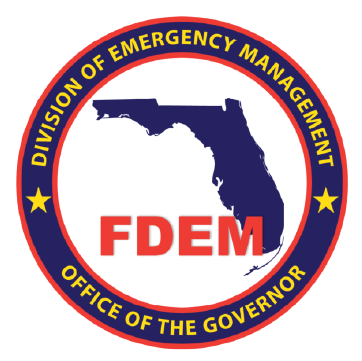
Disaster Preparedness & Recovery
Resources
Individuals:
Immediately following disasters, individuals seeking financial assistance should register with FEMA at 800-621-FEMA or www.disasterassistance.gov.
Job loss or major business impacts are devastating under any circumstance. Assistance is available to help Floridians get back on their feet. Visit the website.
- Disaster Unemployment Assistance
- Disaster Recovery Jobs Portal
- Business Damage Assessment Survey
- SBA Disaster Loan Assistance
- Florida Small Business Bridge Loan Program
- Find Your Local Team
Disaster Unemployment Assistance FAQs
Employ Florida Disaster Recovery Jobs Portal
Businesses:
FWC Fisheries Disaster Relief Resources Website. The 2024 hurricane season has significantly impacted Florida, with hurricanes Debby, Helene, and Milton making direct landfalls on the sunshine state. FWC Division of Marine Fisheries Management is pursing every possible source of fishery disaster relief funding. To assist FWC’s efforts, you may be contacted and surveyed on your fishery damages and losses.
The Florida Small Business Development Center Network and its state and federal partners help business owners access the disaster capital and resources they need to recover and reopen.
The Florida Small Business Emergency Bridge Loan Program provides short-term, zero-interest working capital loans that are intended to “bridge the gap” between the time a disaster impacts a business.Loans are available up to $50,000 per eligible applicant.
The U.S. Small Business Administration (SBA) provides low-interest disaster loans to help businesses and homeowners recover from declared disasters.
See if the Florida Small Business Emergency Bridge Loan Program and U.S. SBA Loan Programs may be of interest to you and your business.
Industries:
As soon as it is safe to do so, oyster growers should implement their plan for recovery of oyster crops and gear. Browse fact sheets to ensure you have adequate help, supplies, surplus gear, and equipment.
Aquaculture and agriculture producers are eligible for the Florida Department of Agriculture and Consumer Services Agriculture and Aquaculture Producers Natural Disaster Recovery Loan Program.
Homeowners:
Well and septic care after the storm is essential to inspect after a storm when areas are flooded, as waters can introduce bacterial contamination into the systems.
During a natural disaster, your first and primary resource should be local emergency management. Each Florida county has a designated emergency management program, and residents, businesses, and visitors should visit their county’s emergency management for the most up-to-date and locally significant information.
Additional resources to consult while tracking disasters are:
NOAA National Hurricane Center:
The experts on tropical weather have all the latest updates.
Your local National Weather Service
Find your local NWS office and then follow them on Facebook or Twitter for the latest updates.
NOAA Tides and Currents
Monitor water levels during hurricanes and tropical storms.
Homeowners:
Download the Florida Homeowner’s Handbook to Prepare for Natural Disasters to learn how to reduce the risks to both family and property from the threats of natural hazards. This handbook covers basic information on emergency preparedness, evacuation planning, flood and wind insurance, and steps to take to protect your property.
UF/IFAS Disaster Preparation & Recovery resources provides quick, useful information to help you and your loved ones prepare for a disaster and navigate its aftermath.
Confused about homeowners’ insurance and what it covers? Property Insurance Basics provides basic information about insurance to help property owners make informed decisions about the amounts and types of protection for their homes.
FEMA has updated their risk rating approach through a new pricing method. This change is the biggest change to the way flood insurance premiums are calculated since 1968. What is Risk Rating 2.0? provides information on this new system and how it will affect your flood insurance.
Flooding prevention and protection: learn how to use sandbags before tropical weather.
Boaters:
If a boat causes damage during a natural disaster, the owner/operator could be held responsible. Securing your boat from strong winds and storm conditions is possible; every boat owner needs to have a plan that is designed to fit their boat type, the local boating environment, the severe weather conditions, and the characteristics of safe havens and/or plans for protection. Learn how to prepare your boat for an incoming disaster.
Industry Members:
Oyster Aquaculture:
Find factsheets intended to assist oyster growers in developing individualized storm plans to be better prepared for the hurricane season. The series of fact sheets provides specific information pertaining to water-based operations for different oyster culture methods (adjustable long-lines, floating cages, floating bags), land-based operations (hatchery, nursery, processing facilities), and workboats.
Publications
Browse and download storm recovery products created by faculty experts.
Important coastal safety reminders for every disaster
- Be prepared.
Area residents should be prepared by developing a family plan, creating a disaster supply kit, having a place to go, securing their home and having a plan for pets. Information can be found at the National Hurricane Center’s webpage. - Stay off the water.
The Coast Guard’s search and rescue capabilities degrade as storm conditions strengthen. This means help could be delayed. Boaters should heed weather watches, warnings and small craft advisories. - Evacuate as necessary.
If mandatory evacuations are set for an area, the public should evacuate without delay. Coast Guard personnel and other emergency responders may not be able to evacuate or rescue those in danger during the storm. - Secure vessels.
Boat owners are urged to move their vessels to inland marinas where they will be less vulnerable to breaking free of their moorings or to sustaining damage. Trailerable boats should be pulled from the water and stored in a place that is not prone to flooding. Those who are leaving their boats in the water are reminded to remove EPIRBs and to secure life rings, life jackets and small boats. These items, if not properly secured, can break free and require valuable search and rescue resources to be diverted to ensure people are not in distress. - Secure items on your property.
Movable items, such as lawn furniture, should be put away in a secure, enclosed location like a garage or building. Trash and recycle bins that can not be stored should be secured and lids strapped or taped down to prevent contents from escaping if knocked over by winds or floated by flood waters. - Stay in a safe location.
Be sure you and your family stay in a safe place during the storm. You could be severely injured by falling trees and other debris, or by sudden flooding. - Stay clear of beaches.
Wave heights and currents typically increase before a storm makes landfall. Even the best swimmers can fall victim to the strong waves and rip currents caused by hurricanes. Swimmers should stay clear of beaches until local lifeguards and law enforcement officials say the water is safe.
Source: NOAA Marine Debris Program
Preparedness Videos
Videos to help you and your loved ones navigate before, during and after a disaster.
Disaster Preparedness & Recovery
Help Floridians Recover From Disasters
After a disaster, connect with Volunteer Florida to donate to the Florida Disaster Fund or get involved with volunteer opportunities related to disaster relief.
